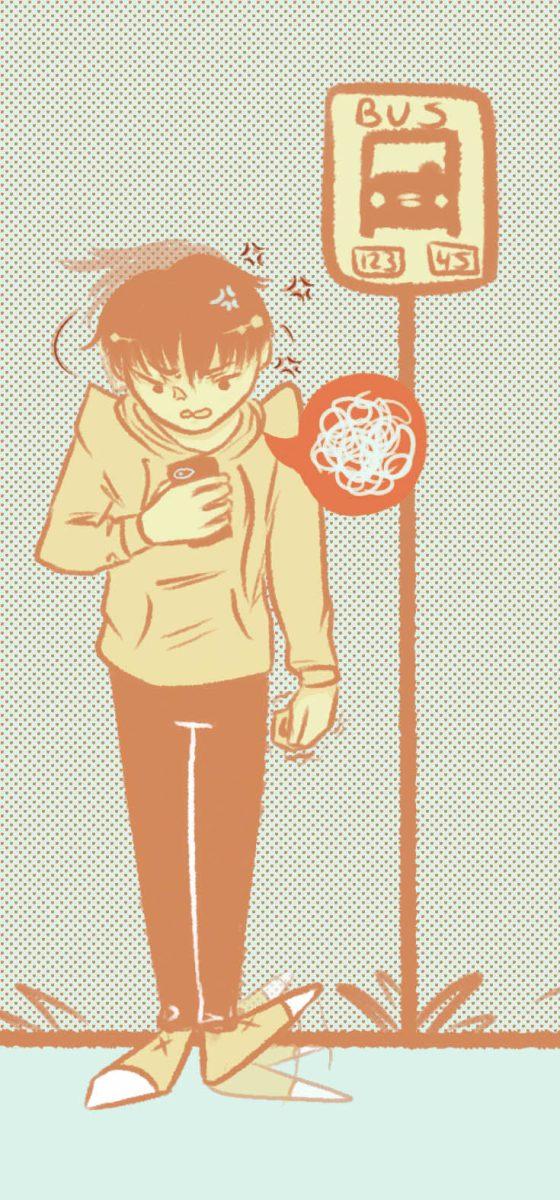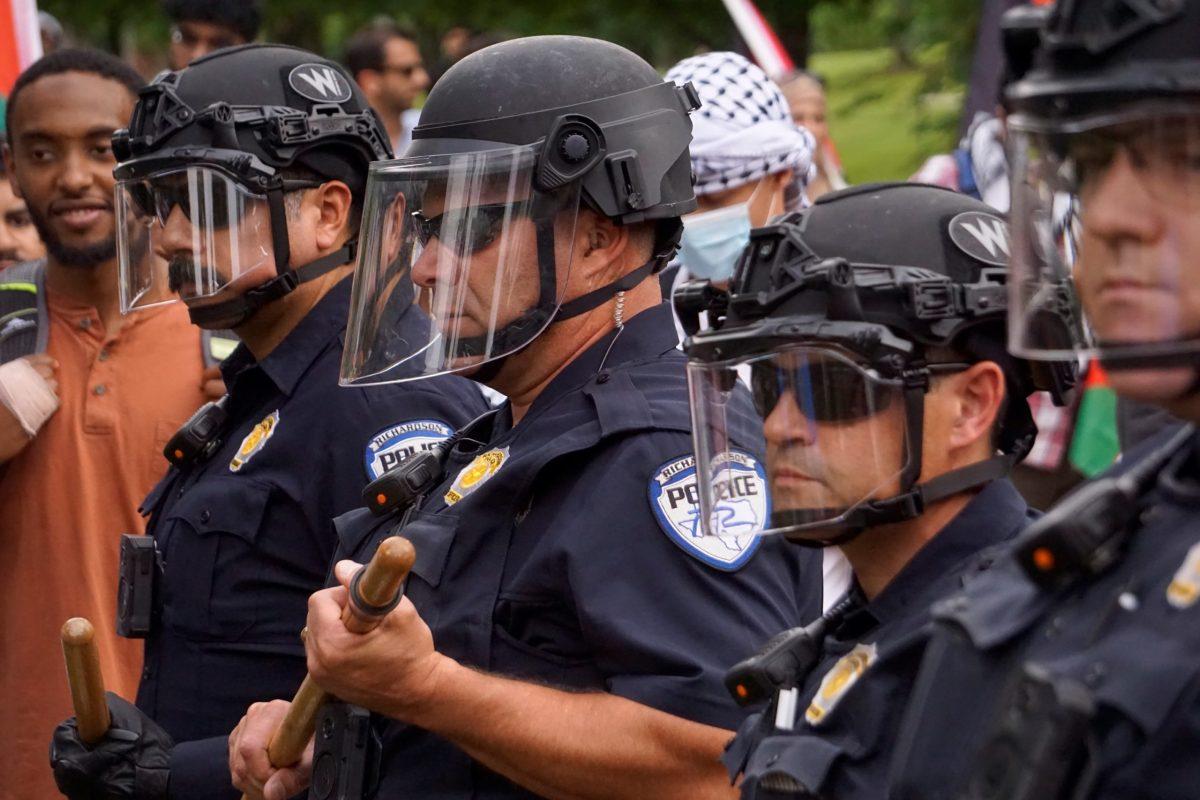Why public transit still needs improvement
Dallas Area Rapid Transit has a tough job. It has to cater to the needs of commuters going to and from Dallas proper and the many surrounding suburbs as well as get people living in the densely populated pockets of Dallas where they need to be without using a car. DART’s directors have shown a desire to improve DART’s performance, but local politics, an area many students usually ignore, often stunt their progress.
For my commute, I can either drive 20 minutes or take anywhere from one hour and 20 minutes to an hour and 40 minutes with the DART. Having buses arrive early or late makes it even harder for students and commuters to rely on DART. But the blame doesn’t fall solely on DART.
Many suburban areas recognize this problem. Yet, development plans to improve public transit access and performance have been met with waves of criticism. The Plano Tomorrow plan, for example — which includes plans to increase the number of public transit options in Plano — has faced considerable criticism, including an attempted repealing by city council members and a resident-led petition demanding a repeal of the plan.
The Plano Tomorrow plan also designates areas to be used for mixed-use residential developments that include apartments and social spaces. Groups like Plano Future are against the Plano Tomorrow plan and distribute pre-written letters for detractors of the Tomorrow plan to sign and send to the Plano Planning and Zoning Commission. The letter critiques potential increases in population that the Plano Tomorrow plan could cause, saying the population growth should be modest to continue Plano’s “suburban form.”
This years’ election for Plano City Council’s Place 7 exemplifies the struggle for advancing public transit in the Metroplex. Both candidates Ann Bacchus and Lily Bao opposed creating more apartments in Plano. But only Bacchus supported the Plano Tomorrow plan to increase public transit. Bao, in a Q&A with Community Impact during her mayoral race, said she will work to keep Plano suburban by working to repeal part of the Plano Tomorrow plan. Bao lost the mayoral election, but won Place Seven on the city council with similar promises made to keep Plano suburban.
By actively fighting to keep public transportation out of suburban areas, community leaders make affordable transportation less attainable, privileging populations who can afford the costs of owning a car. Census data from 2017 shows that the median income for Dallas is $20,000-30,000 and the median cost to rent a one-bedroom apartment is $10,752, which would leave around 1.9 million people with somewhere between $9,000-$19,000 left for everything else, including transportation. These are the people who are the most impacted by the suffocation of DART because of local politicians.
Recently, DART has made strides in improving transportation. DART hired transit consultant Jarett Walker to help with the first complete redesign of DART’s bus network. Walker has previously been involved with the redesigns of Seattle and Houston’s bus networks.
Redesigning routes can be beneficial and speed up commute times, but to ensure those new routes are effective, community leaders need to be on board. The way to fix DART is simpler than billion-dollar-hopeful startups, emerging technology or “microtransit.” The easiest way to fix DART is to elect effective local leaders.






